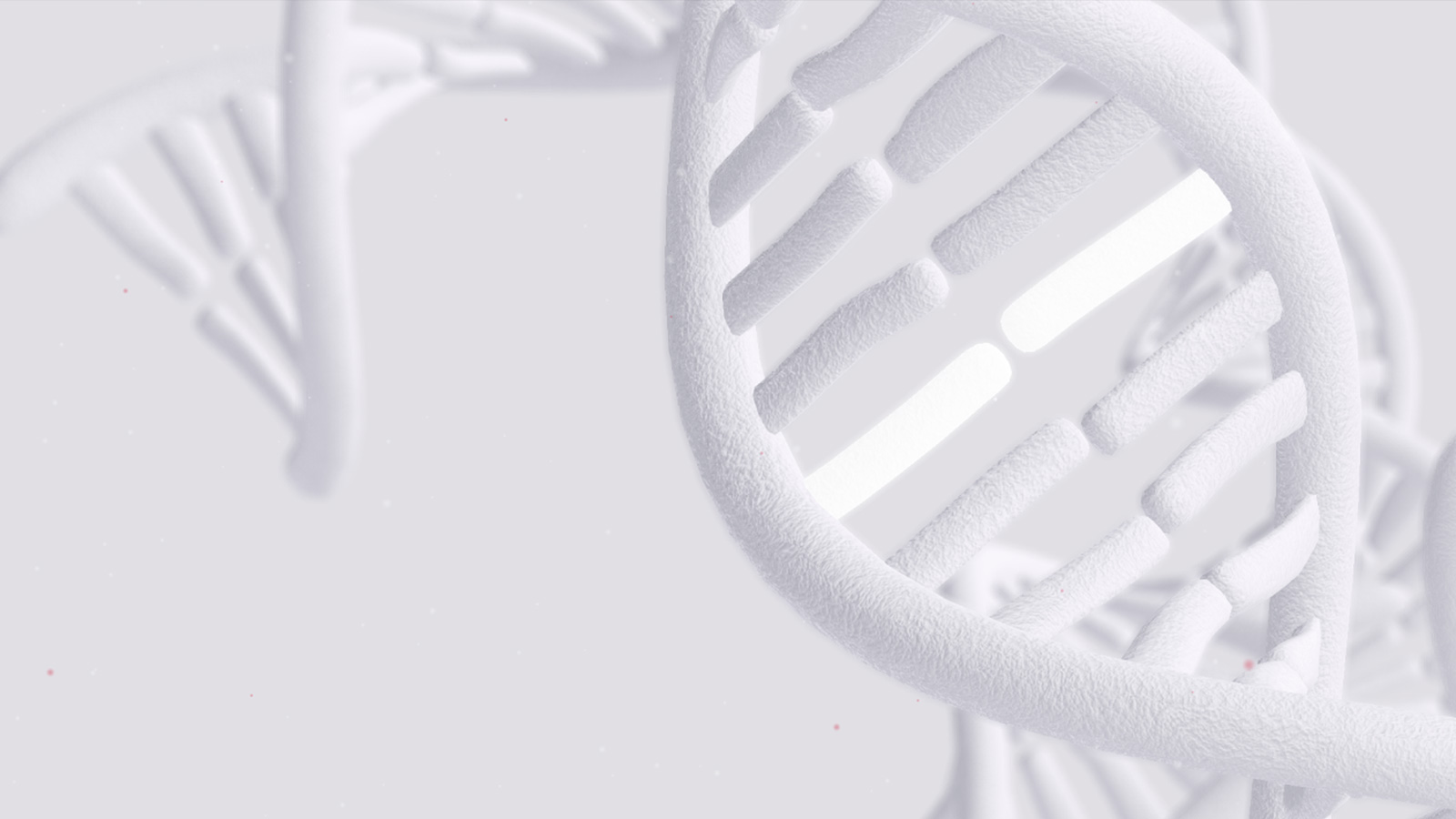Scientific Publications
Curious About the Latest Scientific Discoveries?
Discover our Publications
Moving Towards New Therapies for Fabry Disease
Fabry disease is a multi-system lysosomal storage disorder. As it is caused by an enzyme deficiency, enzyme replacement therapy is the standard treatment option. To overcome some of the issues with […]
A new biomarker function for a long-known hormone
Adiponectin is a hormone with well-known relevance to cardiac and renal function. As Fabry disease (FD), a rare metabolic disorder, often manifests with cardiac and/or renal symptoms, researchers at […]
Identification of PKD1 and PKD2 gene variants in a cohort of 125 Asian Indian patients of ADPKD
CENTOGENE considers its global positioning a key aspect for generating truly novel knowledge. The company’s involvement in a recent large-scale epidemiological study in India nicely exemplifies the […]
Childhood Cerebral X-Linked Adrenoleukodystrophy with Atypical Neuroimaging Abnormalities and a Novel Mutation
Childhood cerebral X-linked adrenoleukodystrophy (XALD) typically manifests with symptoms of adrenocortical insufficiency and a variety of neurocognitive and behavioral abnormalities.
Allgrove Syndrome with Neurological Symptoms
We report a young woman with the clinical picture of Allgrove syndrome in whom neurological symptoms are prominent. It usually presents in the first decade of life with a deficiency of tears, […]
Pierson Syndrome: A Case Report with a Neonatal Cardiac Association Based on a Novel Mutation in the LAMB2 Gene
Congenital nephrotic syndrome (CNS) combined with eye abnormalities including microcoria (small pupils that don’t respond to light) and abnormal lens shape can suggest a clinical diagnosis of Pierson […]

